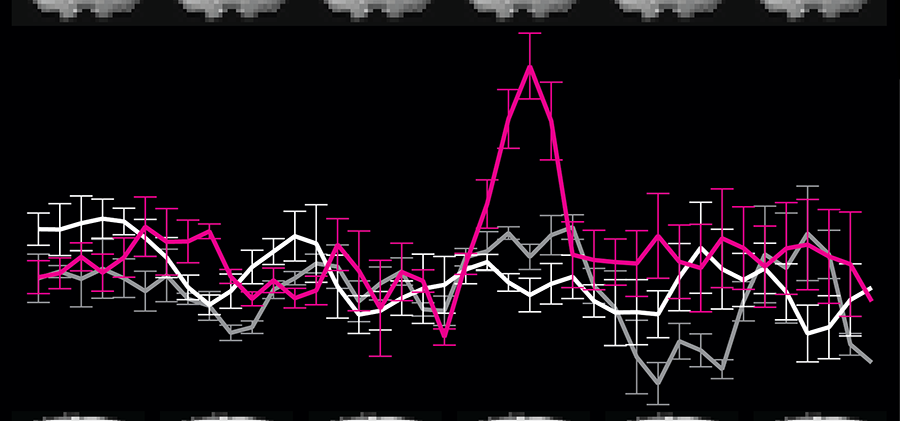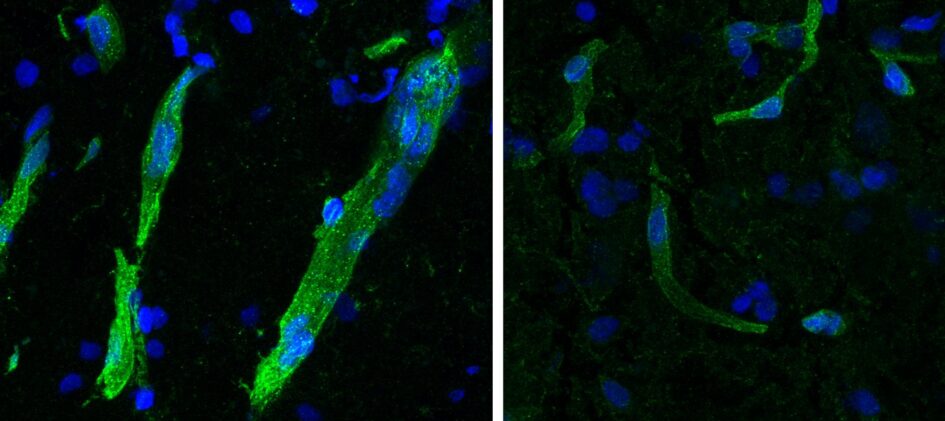Mark Harnett, an associate professor at MIT, still remembers the first time he saw electrical activity spiking from a living neuron. He was a senior at Reed College and had spent weeks building a patch clamp rig — an experimental setup with an electrode that can be used to gently probe a neuron and measure […]
Read More


